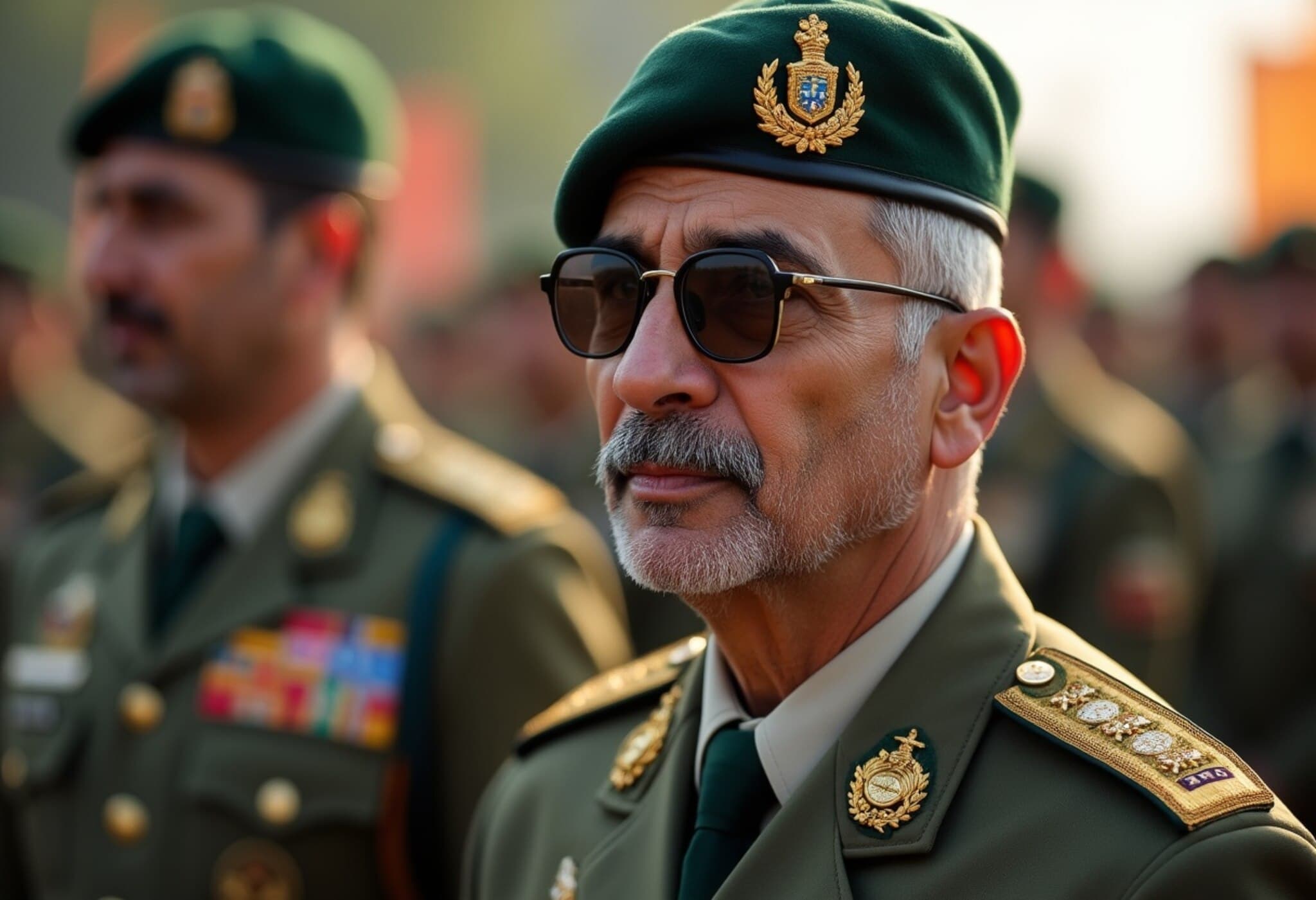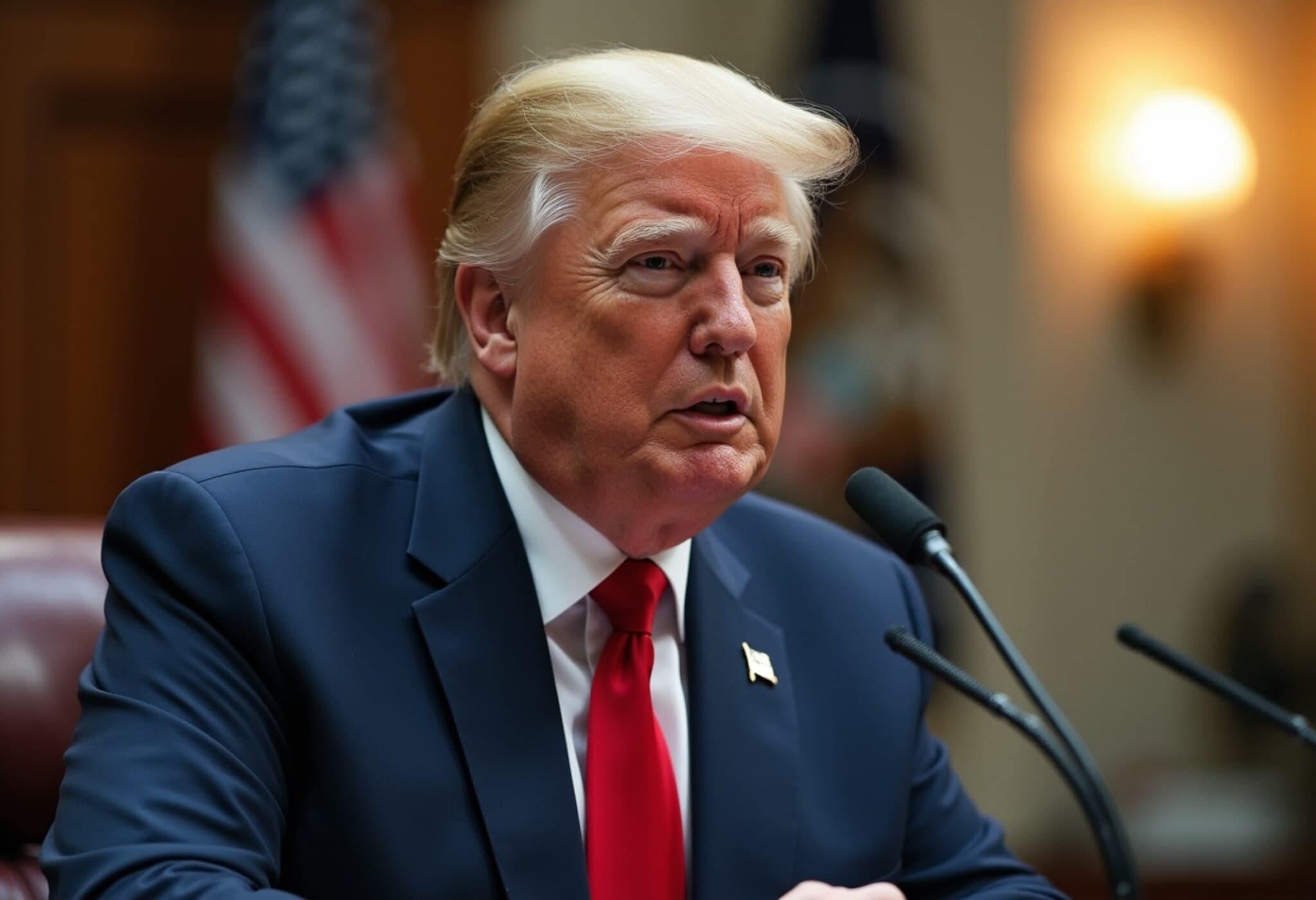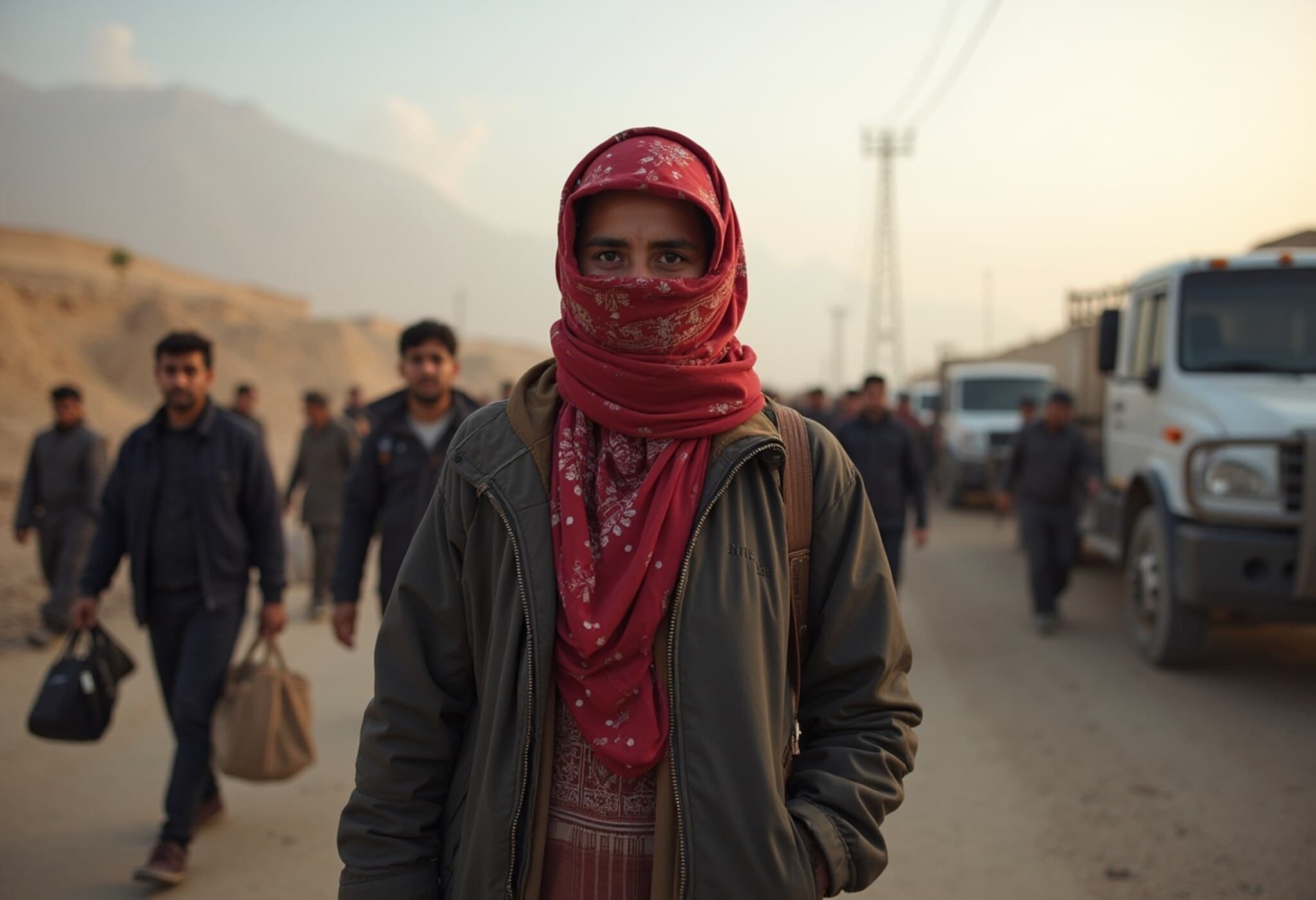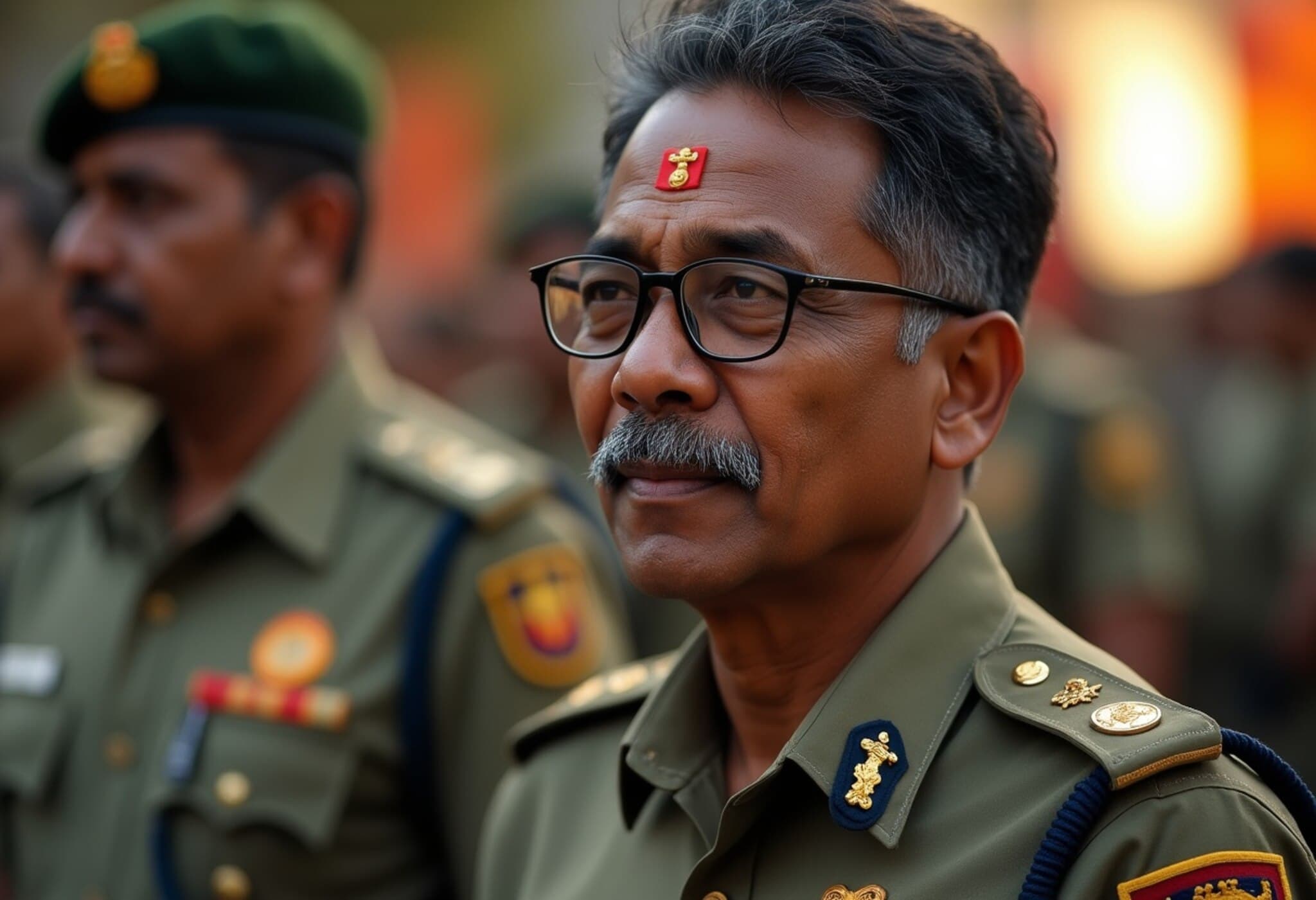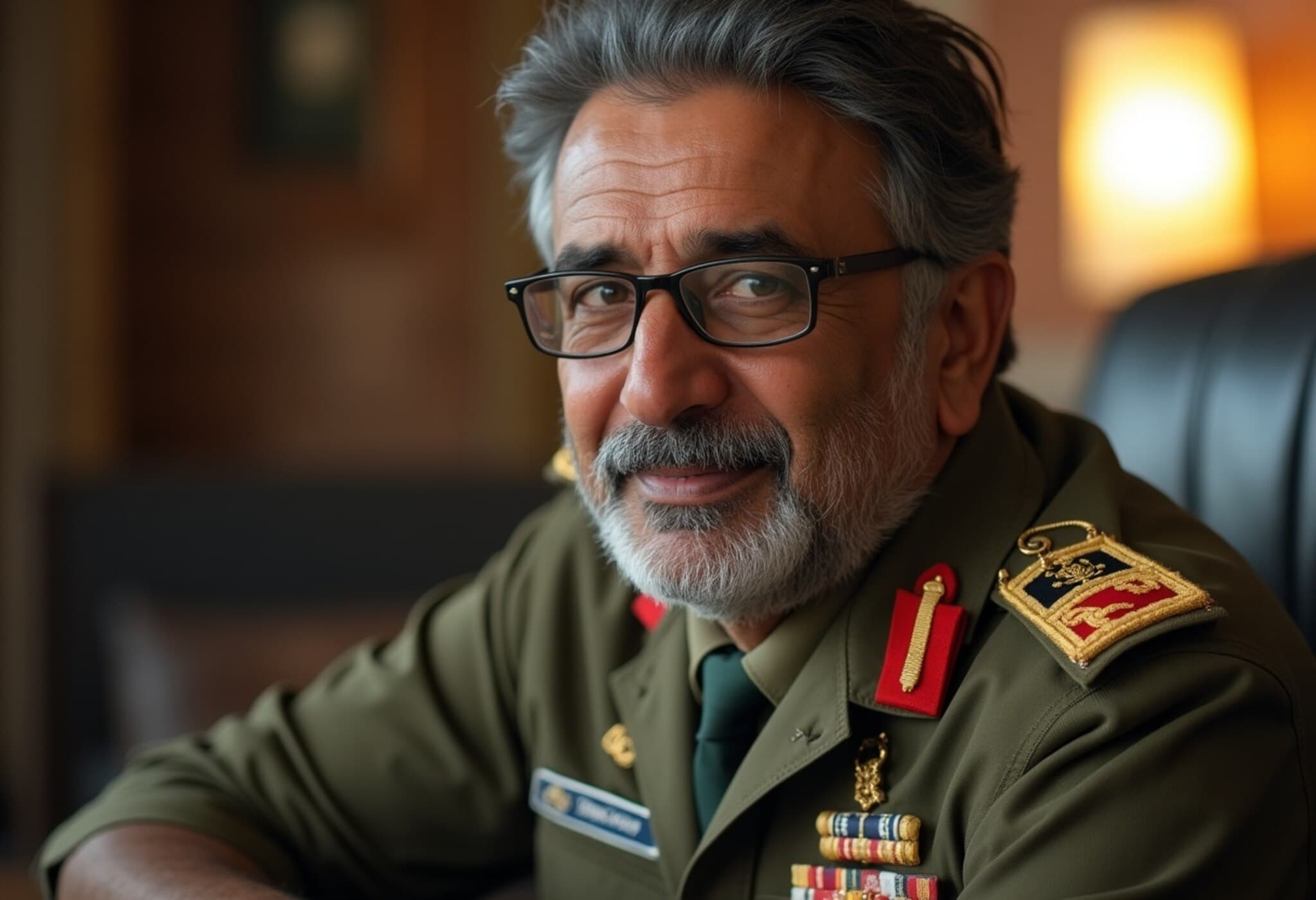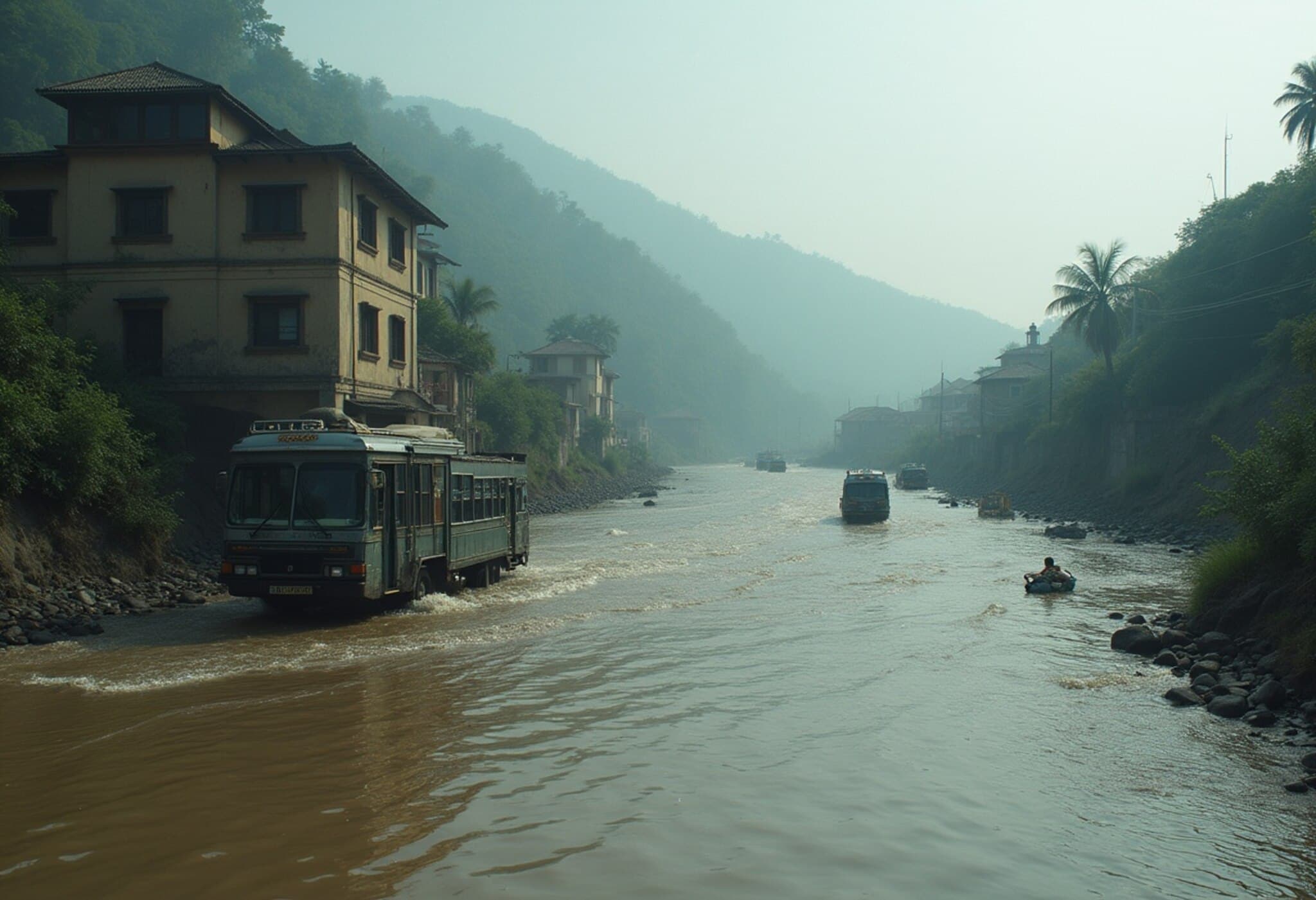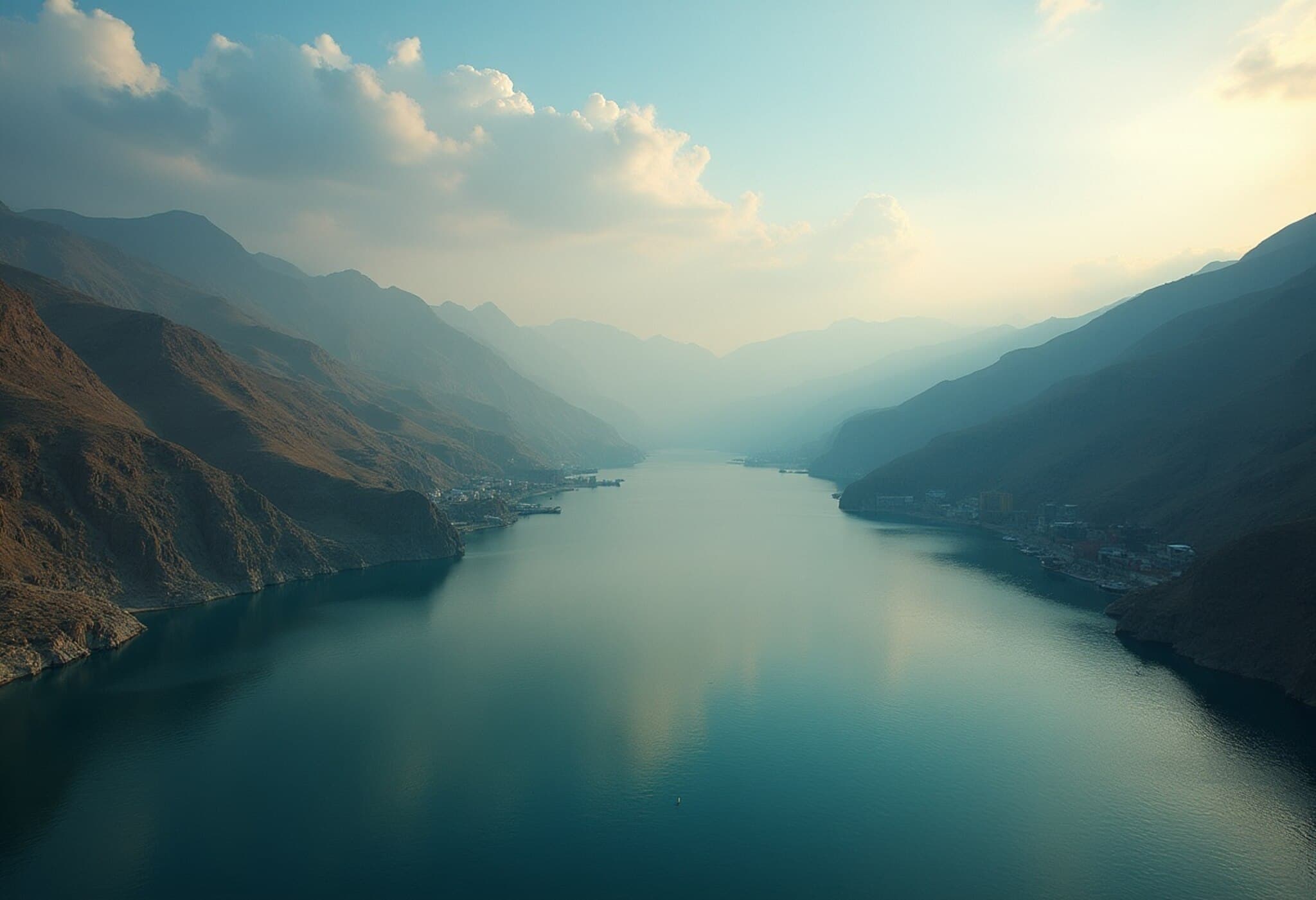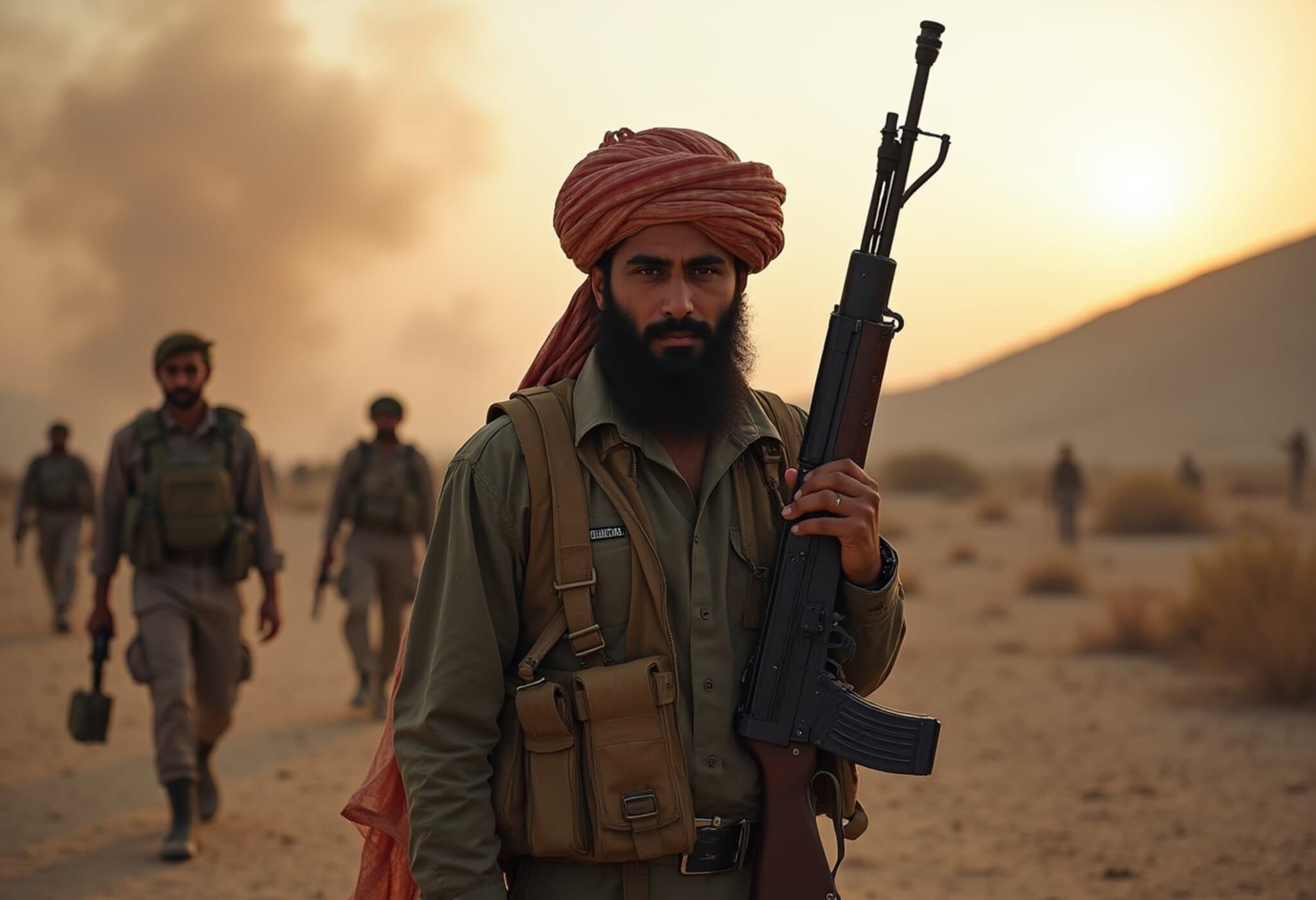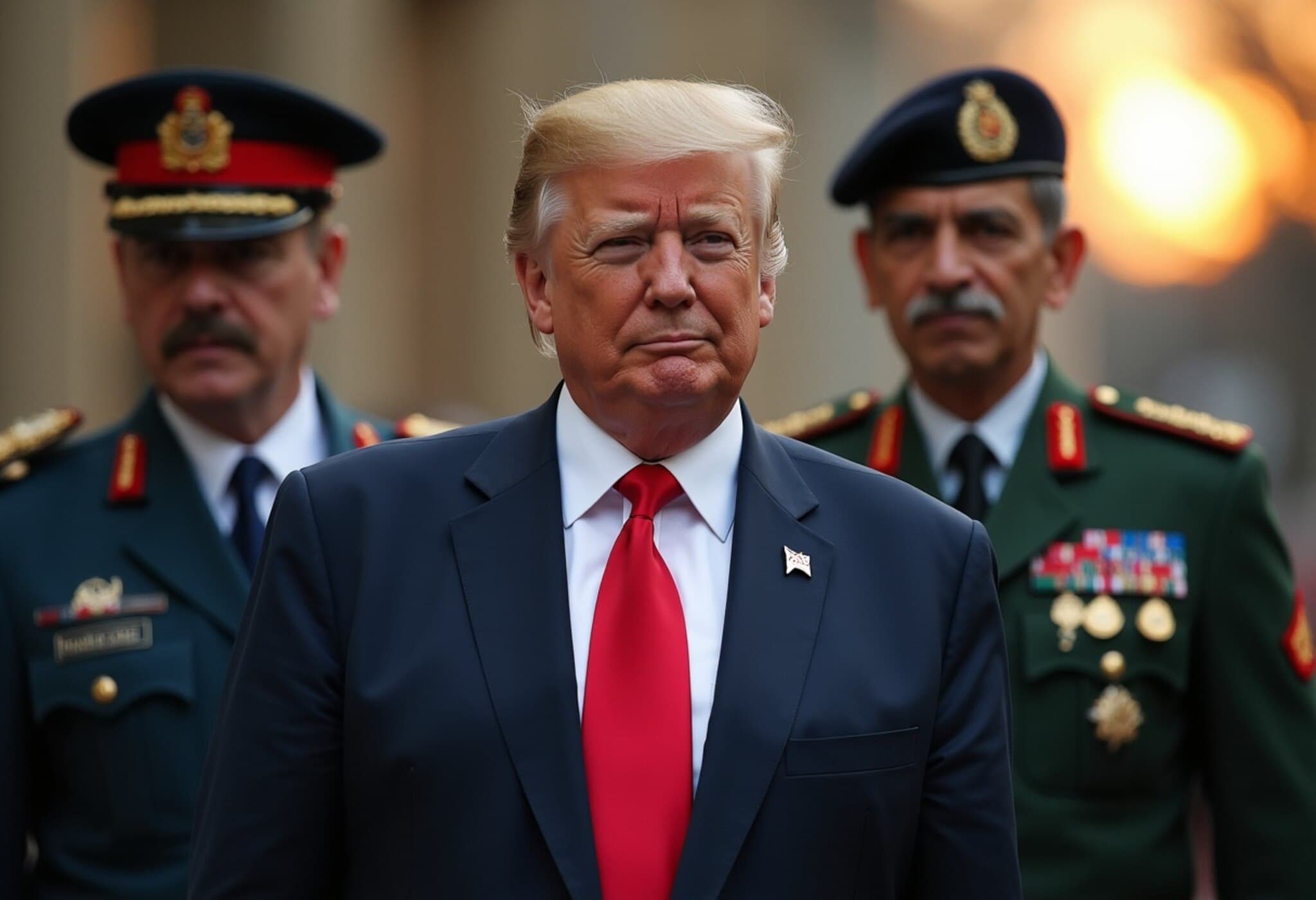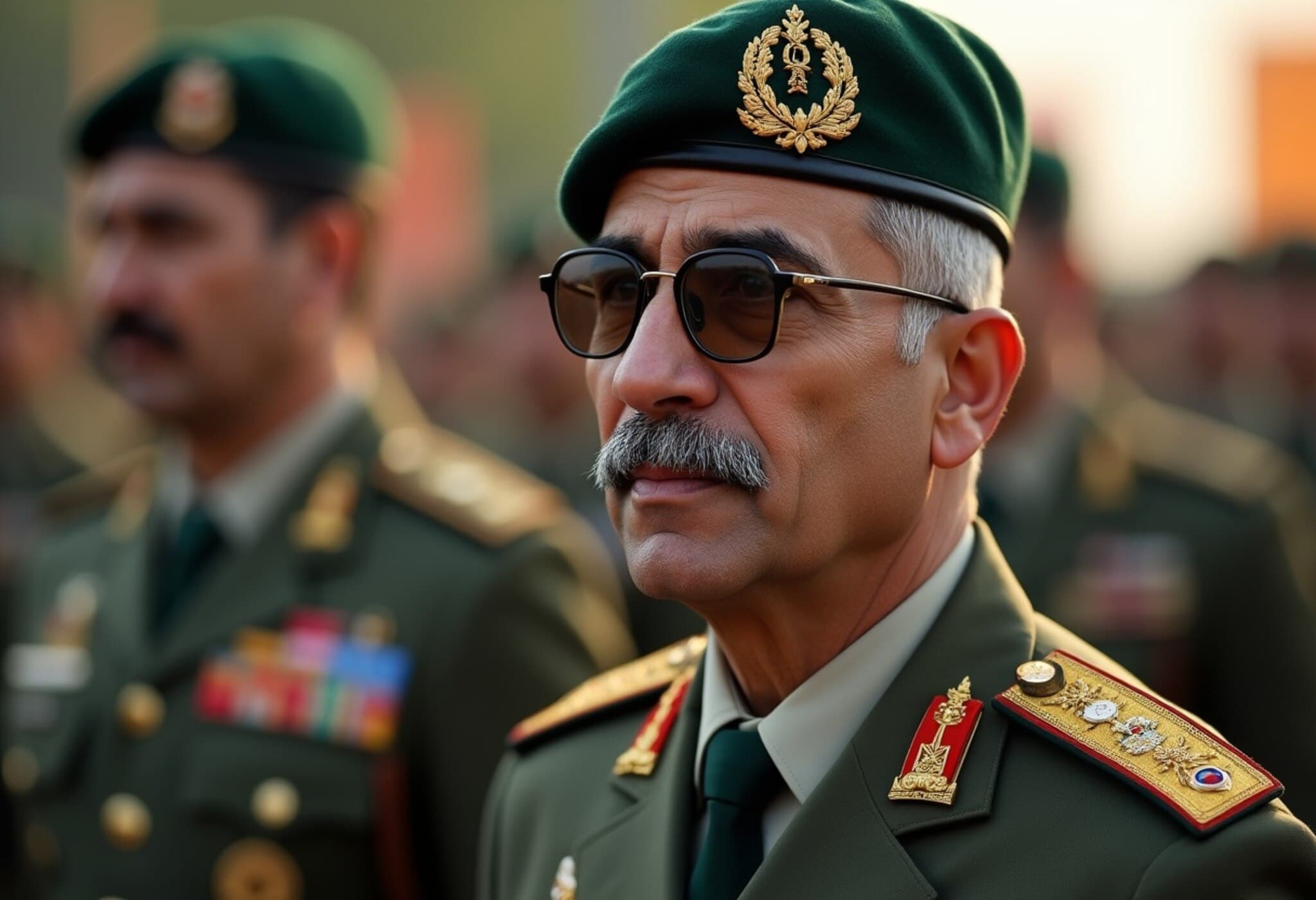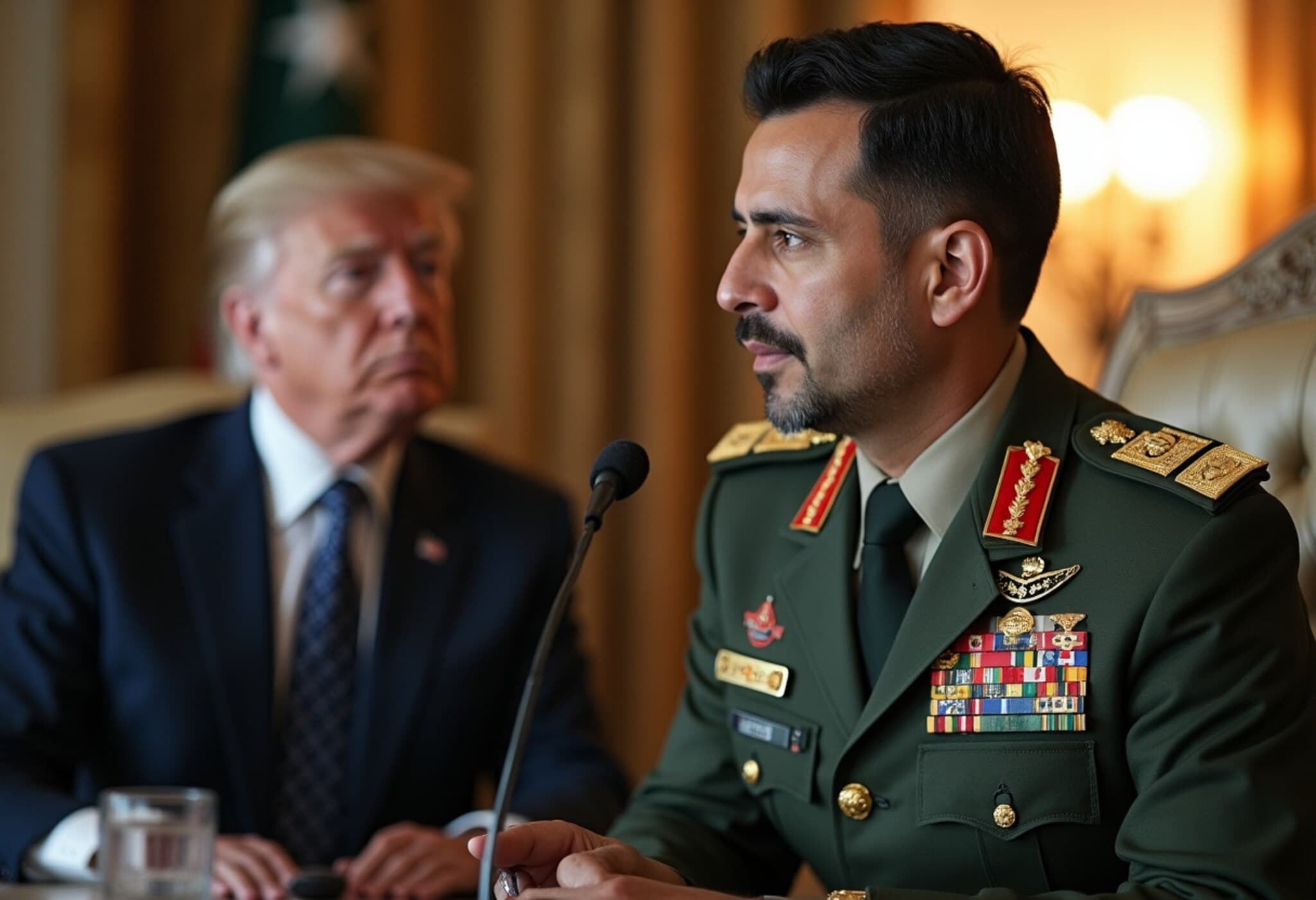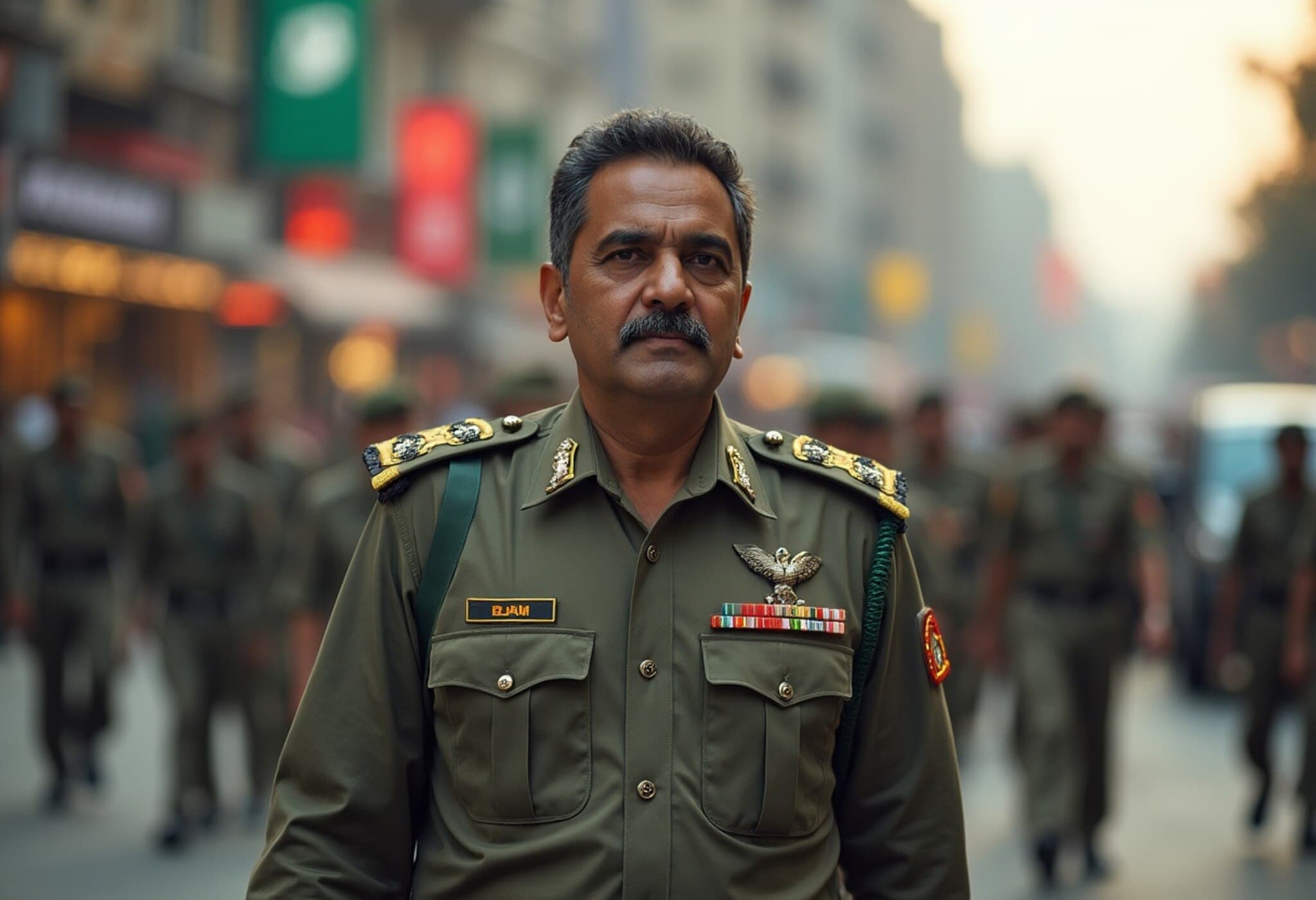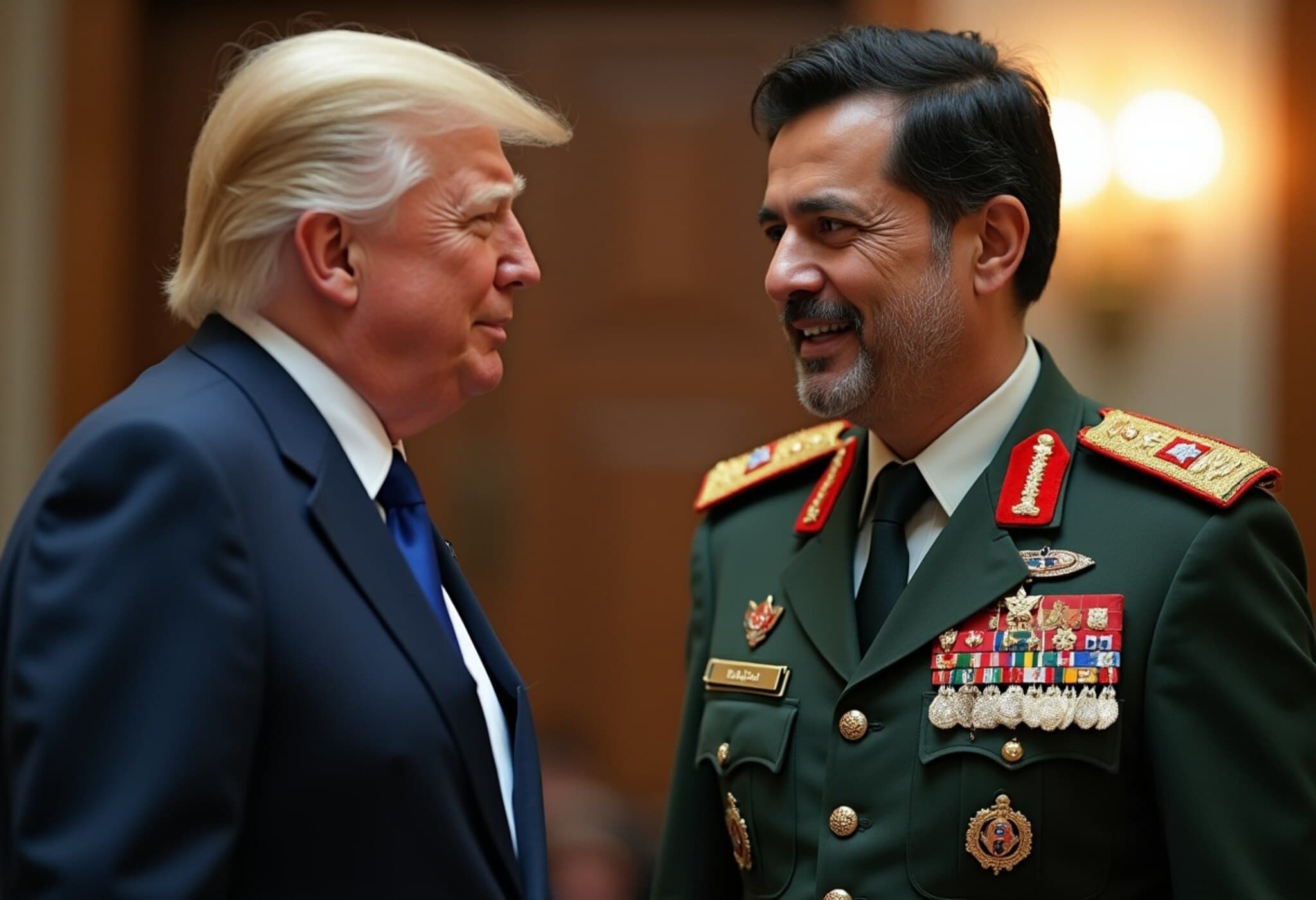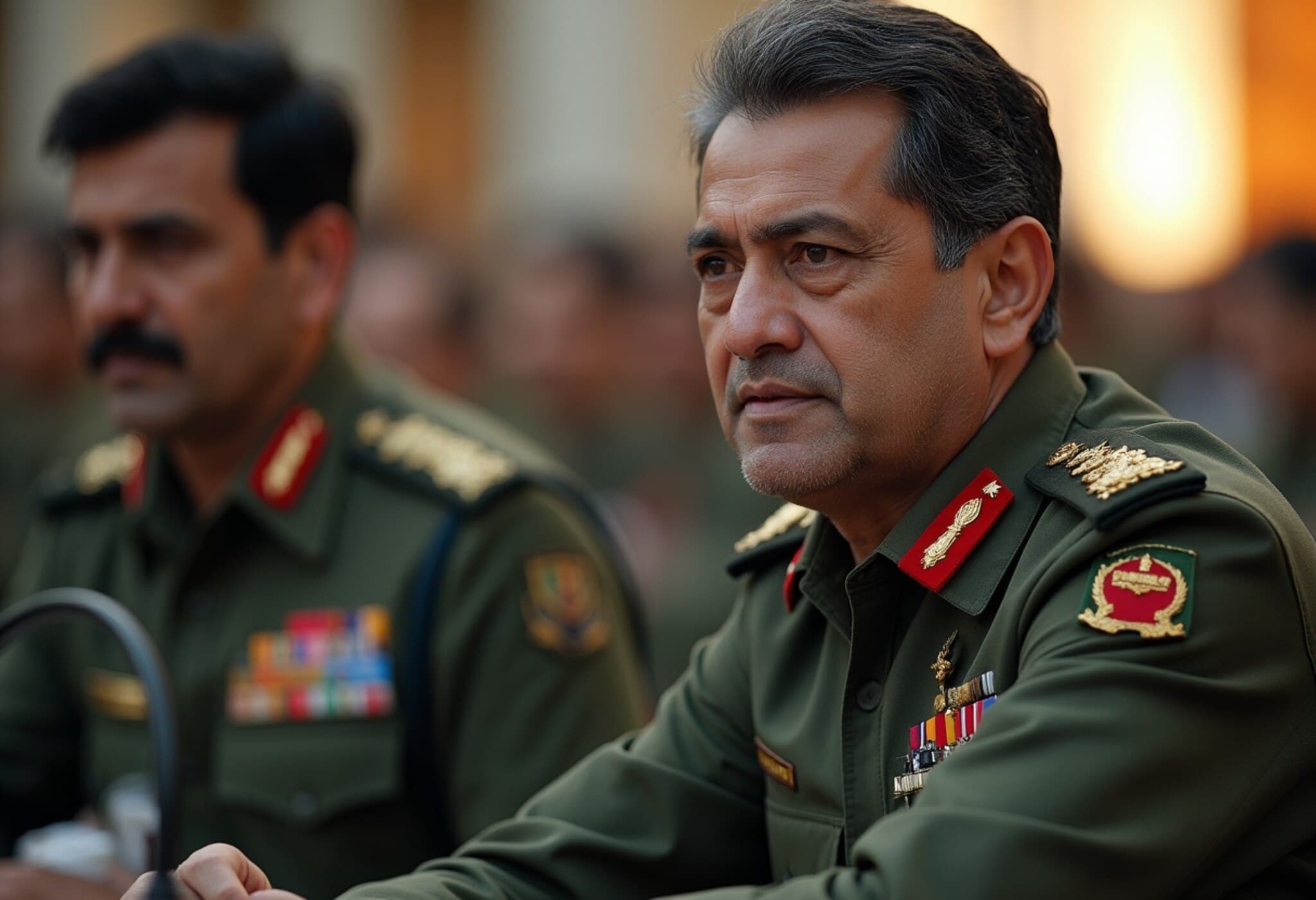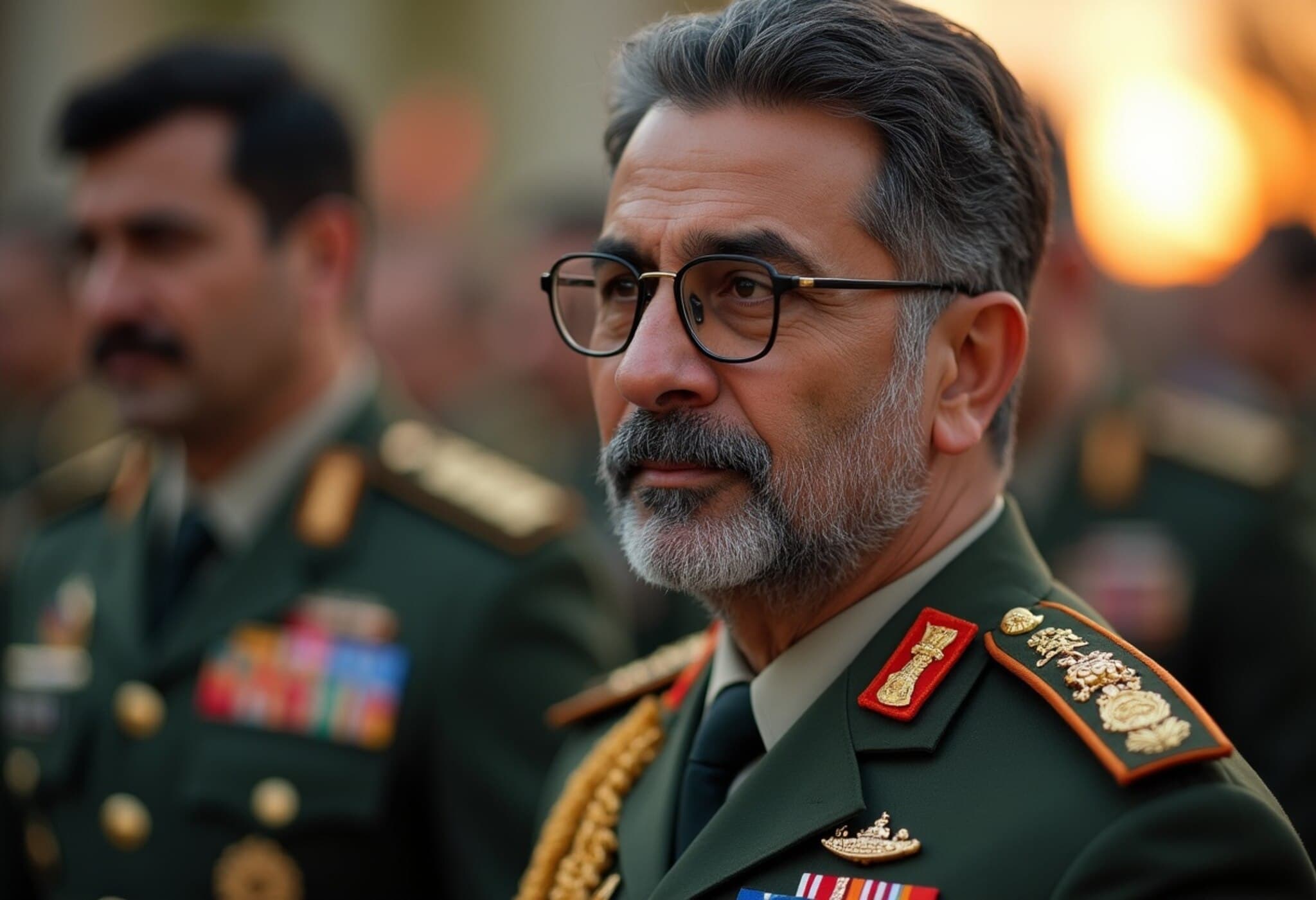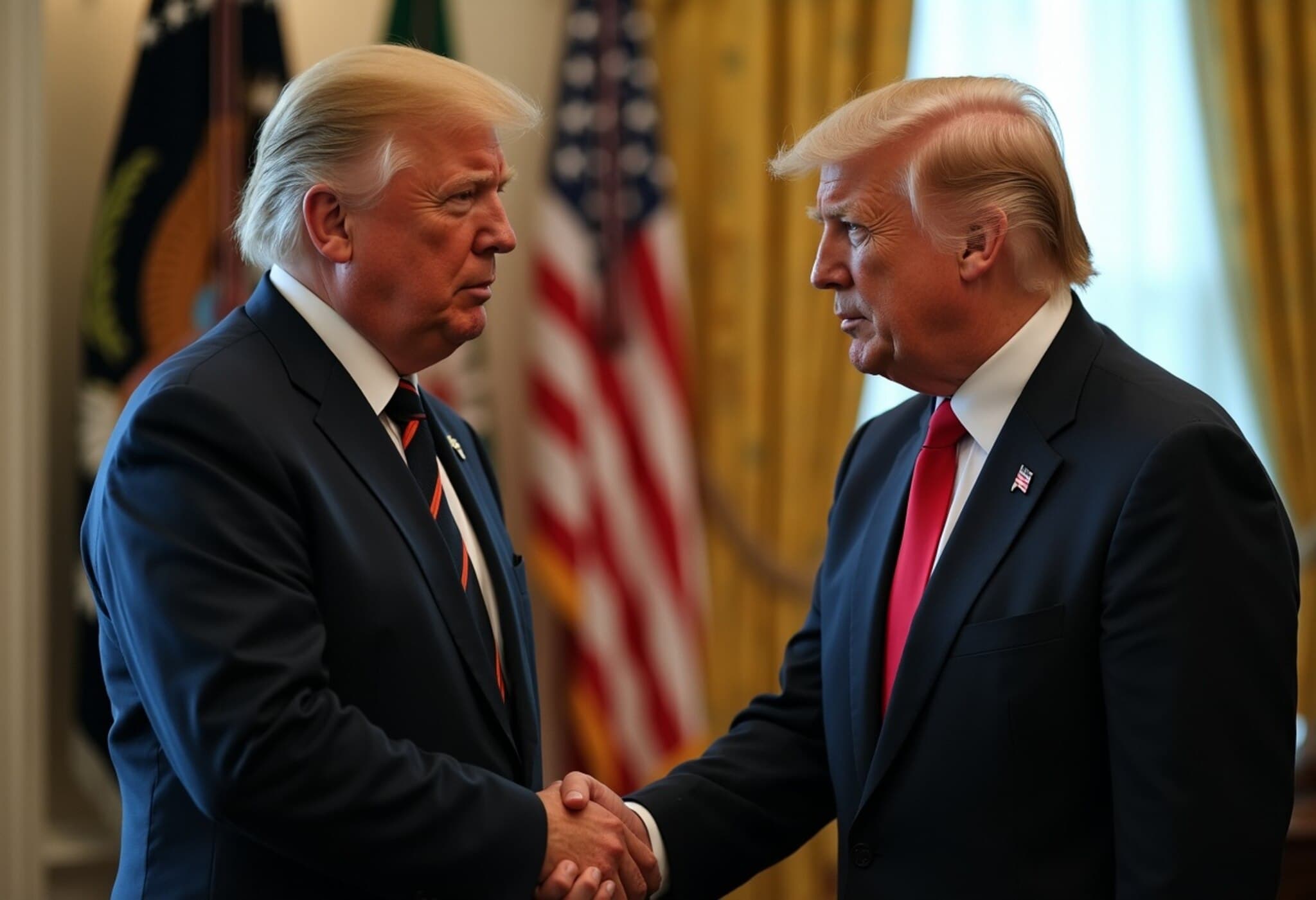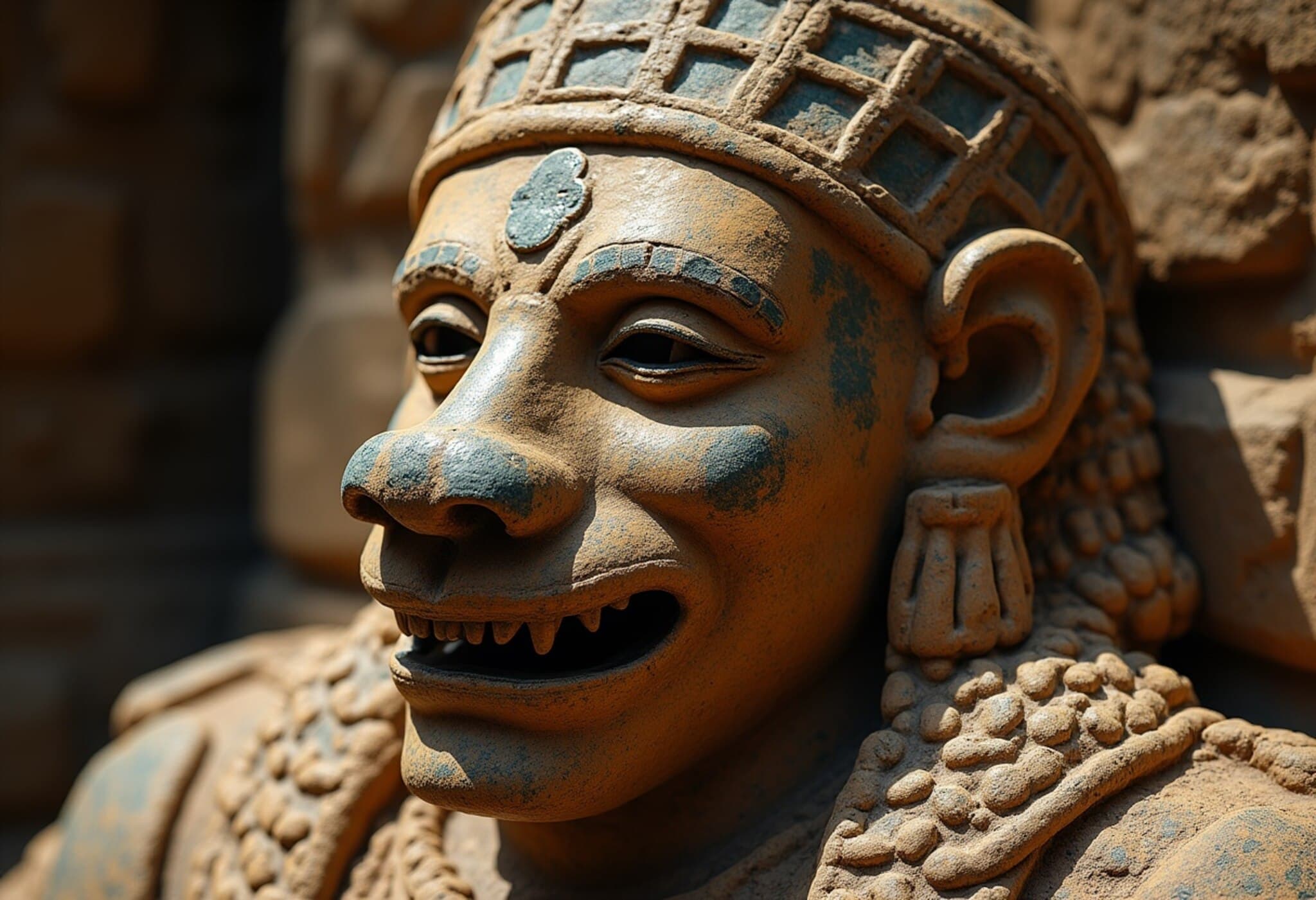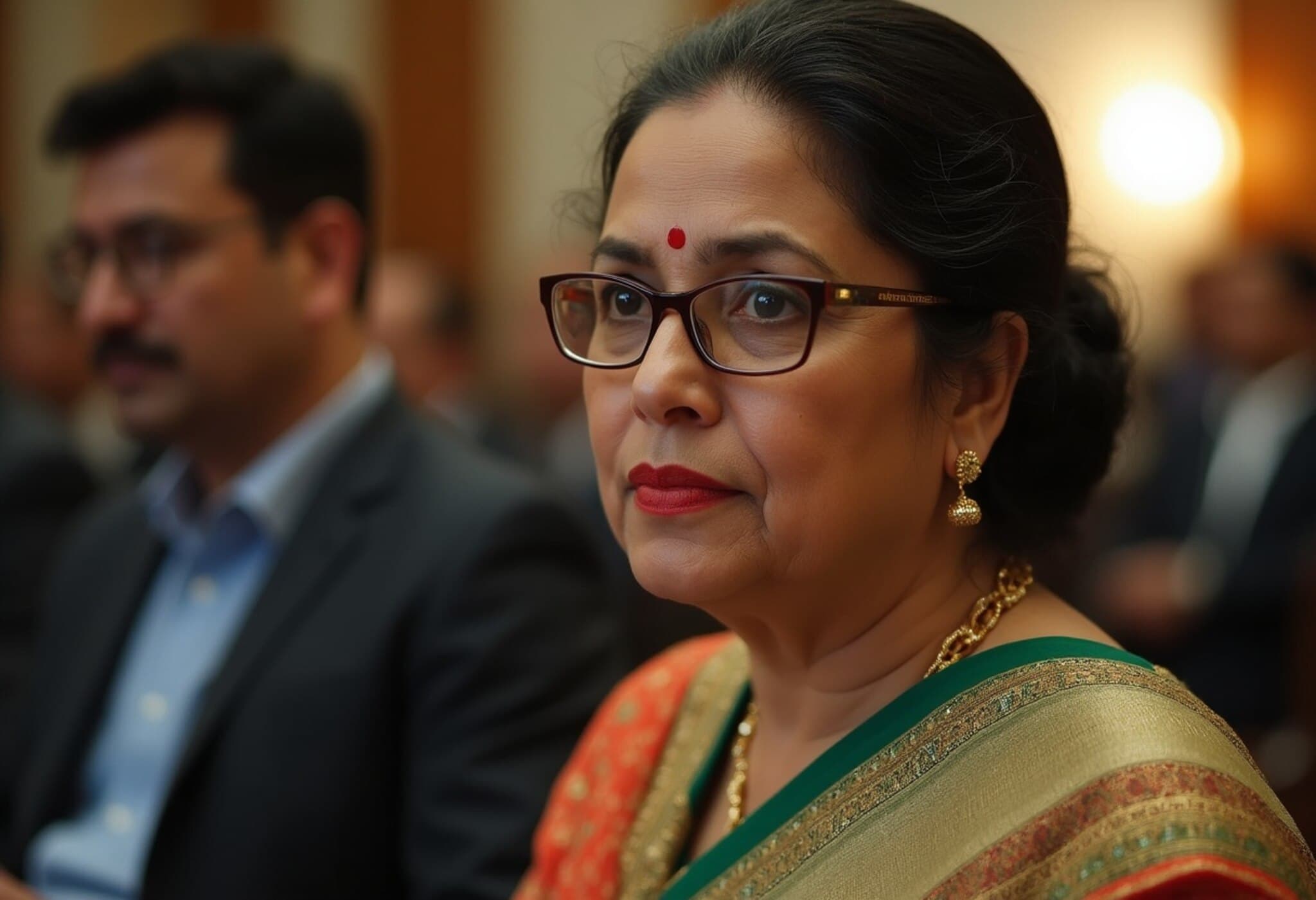Pakistan’s Army Chief Faces Backlash Over Extravagant Sri Lanka Visit Amid Economic Woes
As Pakistan grapples with a severe economic crisis that has tightened the grip of austerity measures on its citizens, the country’s Army Chief, General Asim Munir, is reportedly preparing for a luxurious official trip to Sri Lanka. This move has ignited widespread debate about elite privilege and accountability during one of Pakistan’s most challenging financial periods.
The Contrasting Realities: Luxury vs. Austerity
According to reports obtained by News18, General Munir’s itinerary, scheduled from July 20 to 23, includes high-end amenities ordinarily inaccessible to most public officials and the general populace. These privileges encompass the use of a special aircraft, motorcycle escorts through city streets, helicopter rides for sightseeing, and accommodation in one of Colombo’s most exclusive hotels — accommodations explicitly prohibited for Pakistan’s cabinet ministers under current austerity rules.
Such splendor starkly contrasts with the urgent economic measures Pakistanis face— soaring inflation, wage stagnation, and tough government-imposed belt-tightening. Ordinary citizens continue to navigate increasing hardships even as the government appeals to international creditors for financial relief, including delayed repayments to aid recovery.
Highlights of Munir’s Sri Lanka Tour
- Helicopter visit to the Pinnawala Elephant Orphanage, a noted conservation site popular among tourists.
- Flyovers of significant cultural landmarks such as Sigiriya Rock Fortress and Adam’s Peak.
- Visits to the Temple of the Sacred Tooth Relic in Kandy and the Royal Botanic Gardens — sites rich in Sri Lanka’s heritage.
In addition to sightseeing, General Munir is slated to hold high-level talks with Deputy Defence Minister, Defence Secretary, and the Sri Lankan President. However, the lavish nature of the trip has raised concerns about the optics surrounding such diplomatic engagements, especially given the financial constraints at home.
Contextualizing the Controversy: Military Privilege Amid Economic Strain
This trip underlines a persistent tension in Pakistan’s socio-political landscape: the military’s privileged status even during economic downturns. Reports highlight that the military’s vast business ventures contribute significantly to the national economy but remain largely exempt from taxation, sparking debates about equitable fiscal responsibility.
Moreover, General Munir’s international engagements often outpace those of civilian leadership, fueling speculation about the shifting balance of power between Pakistan’s military and elected officials. Commentators both domestically and internationally voice concerns about the possibility of further military assertions of authority, underscoring the fragility of Pakistan’s democratic institutions.
Notably, this is not the first instance where General Munir’s actions have drawn public scrutiny; his previous overseas trips, including a shopping spree in the United States, have amplified perceptions of disconnect between military leadership and the daily realities faced by Pakistanis.
Expert Insights and Regional Implications
From a policy analyst perspective, the timing of General Munir’s Sri Lanka visit is particularly sensitive. With Pakistan relying heavily on the International Monetary Fund and other international bodies for economic stabilization, displays of excessive privilege can undermine public trust and complicate diplomatic negotiations.
Furthermore, this controversy reflects wider challenges in South Asia, where military institutions often play outsized roles in governance, affecting both domestic policy and international relations. The United States and other stakeholders keen on regional stability might view such episodes as indicators of potential instability or shifts away from civilian oversight.
Editor’s Note
This unfolding situation with Pakistan’s Army Chief heading on a lavish trip at a time of national hardship raises critical questions about governance, equity, and accountability. As Pakistan seeks to recover economically, will leadership choices reflect the sacrifices expected of ordinary citizens? And how might elite privileges influence the delicate balance between civilian governance and military power? Readers and policymakers alike would do well to watch how these dynamics evolve and affect Pakistan’s fragile socio-economic fabric.

